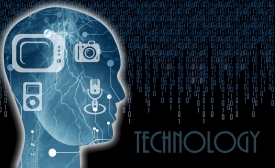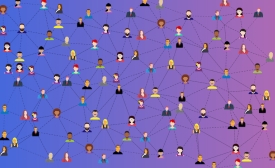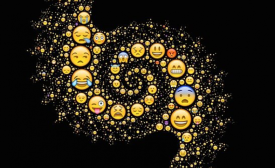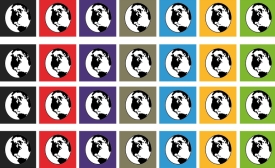digital diplomacy

New communication tools in the digital era have enabled governments to engage audiences, home and abroad, about key policy decisions and much more. Given that these audiences no longer need traditional information gatekeepers, today’s public diplomacy officers must be flexible, reactive and swift, especially on social media. This is why realtime computational methods to collect, manage and analyze social media data in real time is key to the future of public diplomacy.

CPD Faculty Fellow Corneliu Bjola explains how social media data can be used to conduct virality, signalling and contagion tests.

"We cannot fully understand digital diplomacy without considering the power of emotion," writes Constance Duncombe in the latest Soft Power 30 report.

In the recently released 2019 Soft Power 30 report, CPD Director Jay Wang explores the concepts of "digital for public diplomacy" and "public diplomacy for the digital."

CPD Faculty Fellow Corneliu Bjola discusses how artificial intelligence (AI) may be integrated into consular services, crisis management, public diplomacy and international negotiations.

In the second post of a two-part series, Ilan Manor looks at how the concept of soft power can be re-conceptualized in the 21st century.

In the first of a two-part series, Ilan Manor argues that the concept of soft power has become banal in 21st century public diplomacy discourse.

Responding to disinformation and sharp power tactics requires identification, analysis and categorization.







